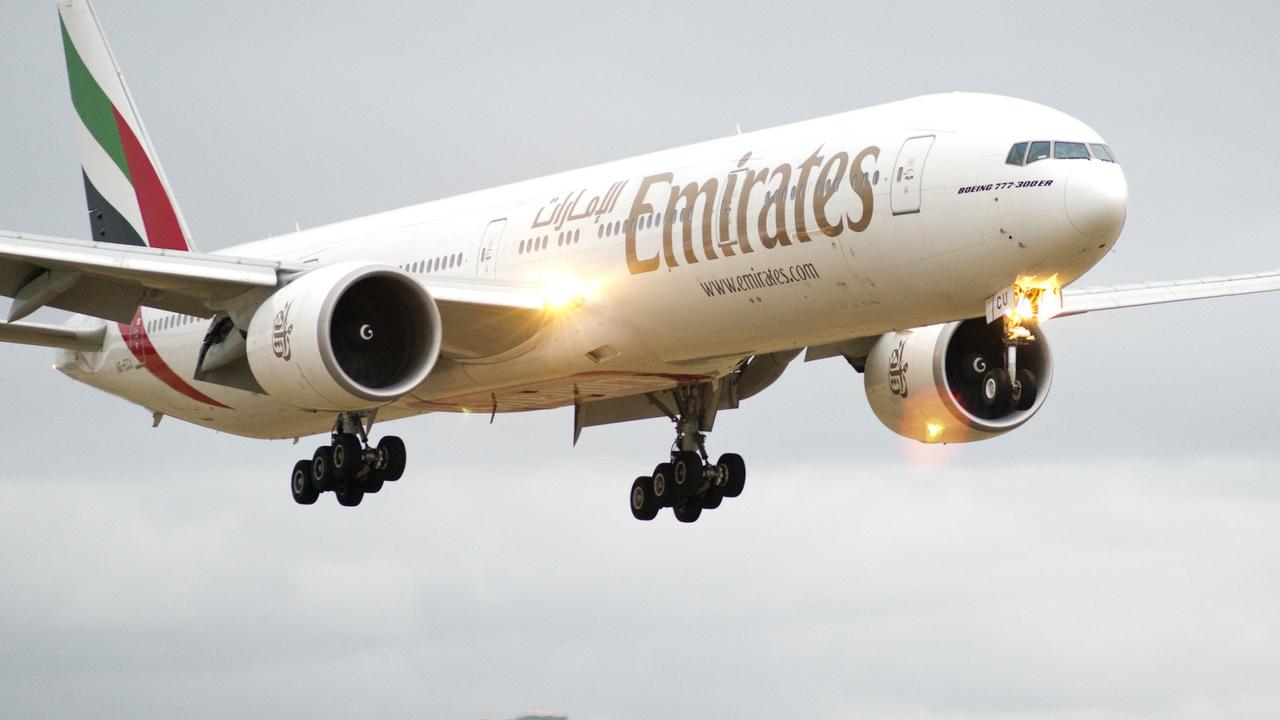‘Frankly ridiculous’: Qantas, Virgin slammed over slot hoarding
The former chief of Australia’s competition watchdog has revealed a key detail about an “extremely problematic” slot allocating system.
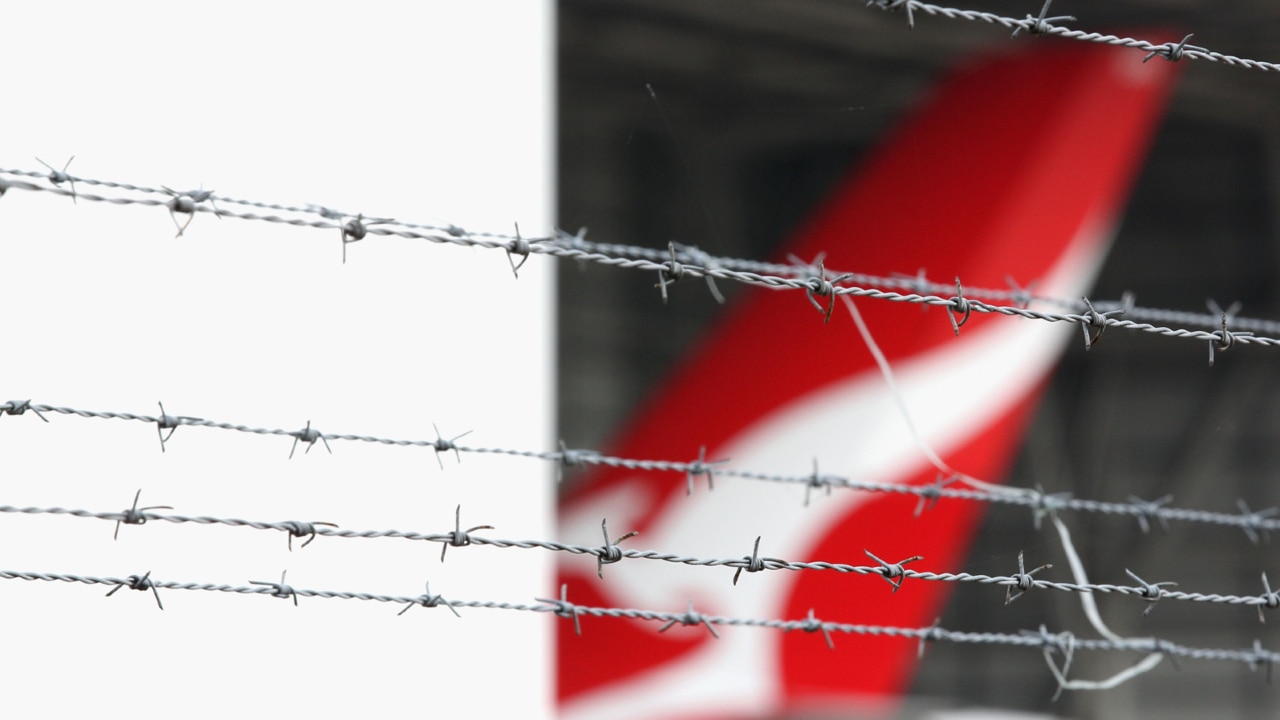
The former chief of Australia’s competition watchdog has slammed the current system of allocating slots to aircraft at Sydney Airport as “extremely problematic”.
Rod Sims, who stepped down as chair of the Australian Competition and Consumer Commission last year, told the committee of a senate inquiry on Wednesday that Qantas and Virgin Australia hold significant stakes in the company responsible for allocating slots – authorisation to either takeoff or land – at the country’s busiest airport.
“Slots at Sydney Airport are a clear, very valuable property right, they’re a public good, yet they are allocated by Airport Co-ordination Australia, which to my understanding is majority owned by Qantas and Virgin,” Mr Sims, who is a professor in public policy at Australian National University, said.
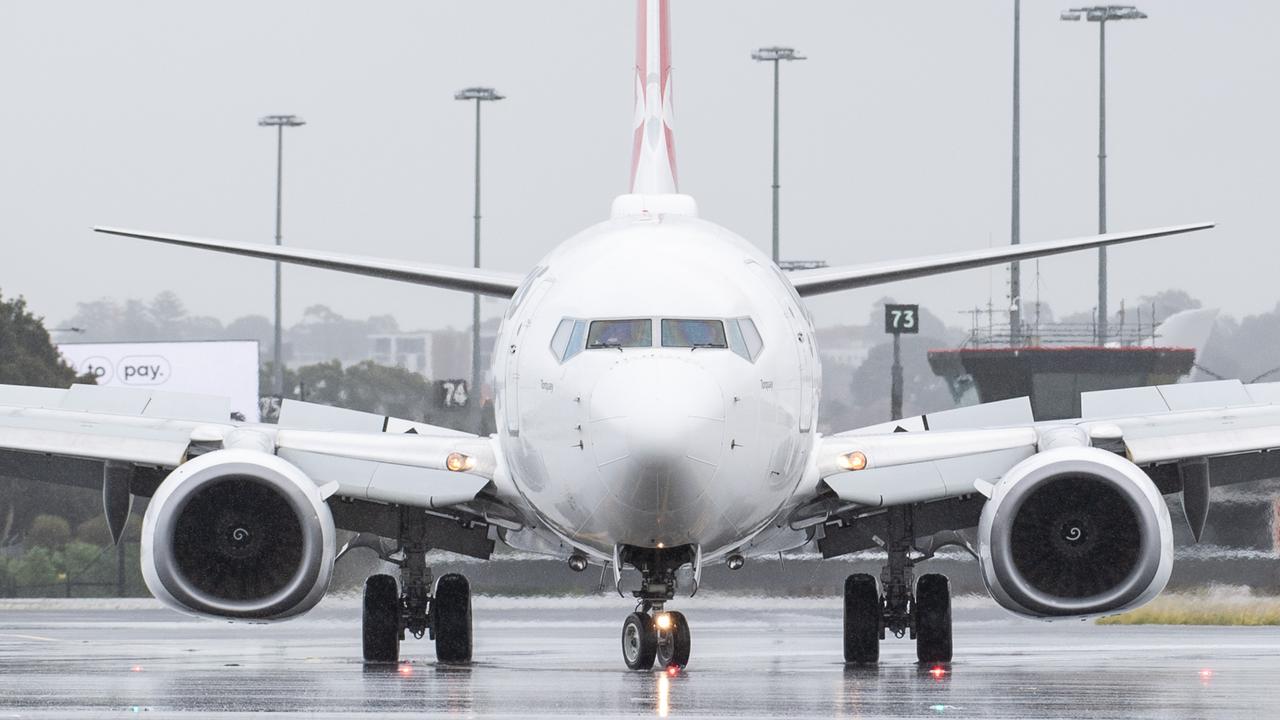
He said it was “extraordinary public policy” and “frankly ridiculous”, stating governance needed to change to increase competition in the market.
“There should be no role for Qantas and Virgin in working out how we allocate slots at Sydney Airport,” he said. “That is just frankly ridiculous.”
The Qantas Group, which owns Qantas and Jetstar, and Virgin Australia have been accused of slot hoarding in Sydney to stop competition, which has the potential to bring down high airfares, but both airlines vehemently deny those claims.
According to documents obtained by the Australian Financial Review, Qantas owns a 41 per cent shareholding in Airport Co-ordination Australia (ACA) and Virgin has a 35 per cent stake in the company, with the remainder owned by Sydney Airport, with 10 per cent, and the Regional Aviation Association of Australia, with 14 per cent.
The company’s board includes members from Qantas, Virgin, the Regional Aviation Association of Australia and Sydney Airport.
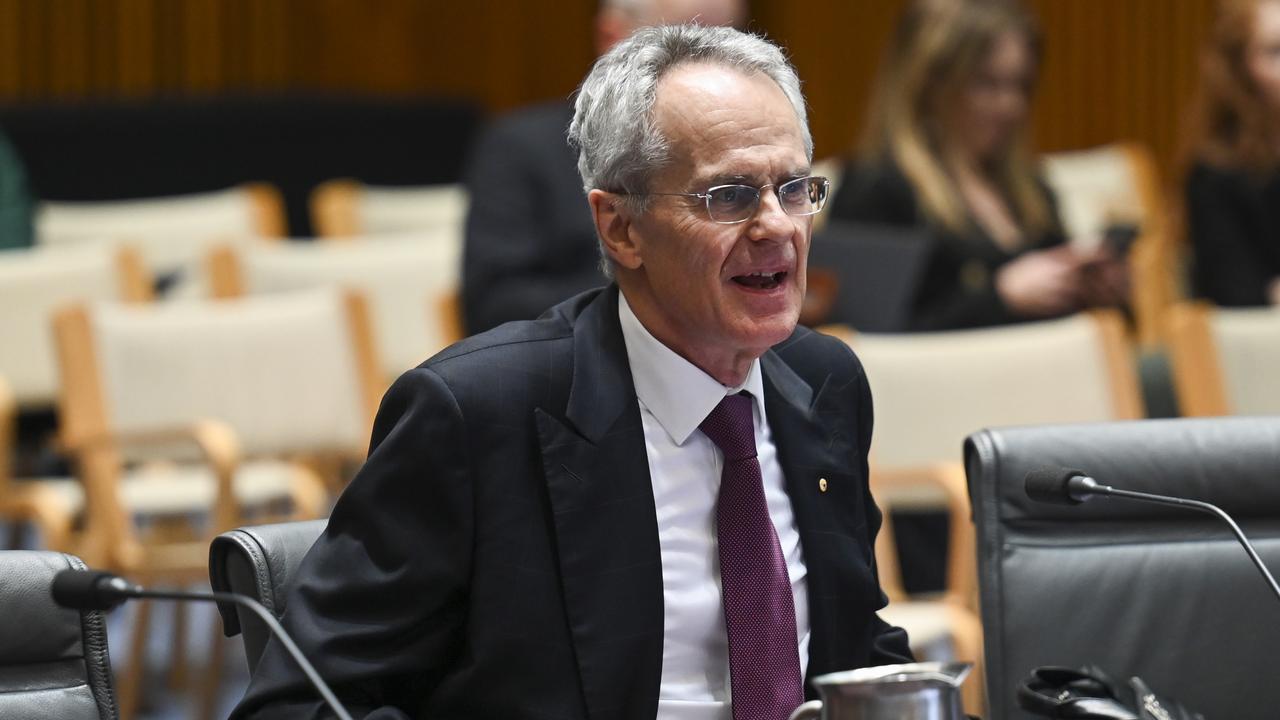
In addition to Sydney Airport, ACA’s portfolio in Australia includes Melbourne Airport, Brisbane Airport, Perth Airport, Adelaide Airport, Darwin Airport, Cairns Airport and Gold Coast Airport.
Mr Sims said slots were a “crucial issue” to open up competition.
“If you can’t get slots at Sydney Airport you just cannot enter the industry,” he said.
He explained change to the current system would not only benefit passengers but the Australian economy, due to how valuable the tourism sector was to the country.
It is not the first time Mr Sims has taken aim at Qantas and Virgin over slot hoarding, telling the National Press Club in February last year (when he was still ACCC chair) that the ACCC would be watching the two airlines “very carefully” to make sure they didn’t block two new airlines entering the market.
“We’ve got the prospect of more competition from Rex on city routes and Bonza who will target unserved routes,” he said at the time.
“Whatever the chances those companies have at success, they must not fail simply because they can’t get slots at our airports.”
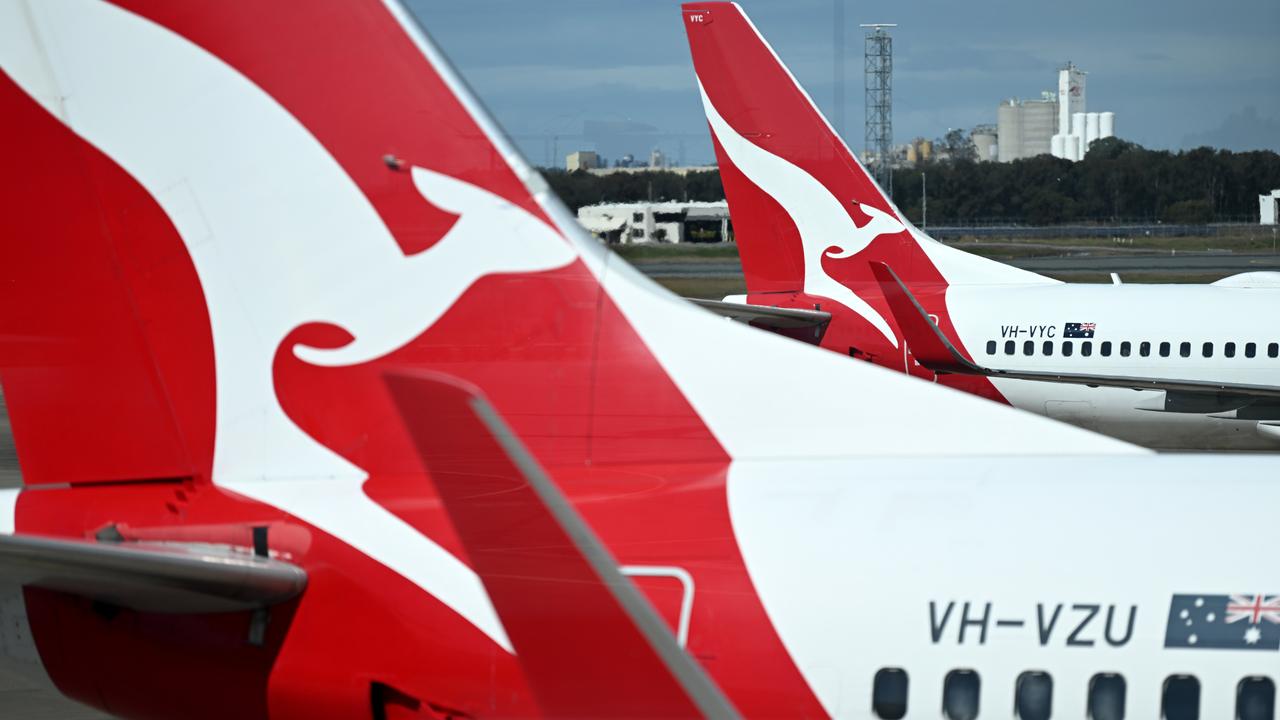
Former Qantas CEO Alan Joyce previously said for every slot they had aircraft, crew and “every intention to operate” but weather events, air traffic control, or technical difficulties were “completely legitimate reasons” to cancel flights.
“It’s nothing to do with any implication we’re trying to stop competition,” he said when fronting media in August about the Group’s $2.47 billion profit for the financial year.
Debate about competition in Australia’s aviation sector has been particularly fierce since the Australian Government decided to reject an application from Qatar Airways for extra flights into Australia.
The decision was slammed as a move to protect Qantas, which opposed the application, from competition.
Qatar Airways senior vice-president of global sales, Matt Raos, also faced the inquiry on Wednesday.
He claimed he found out about the decision via media reports and did not receive official word until six days later.
“We were surprised and shocked by the decision of the Australian government to reject our application for additional flights to Australia,” he said.
“Even more surprising was that the government gave us no reason for rejecting our application.”
Virgin Australia has a partnership with the Doha-based carrier and CEO Jayne Hrdlicka has been extremely vocal in condemning the government’s decision.




